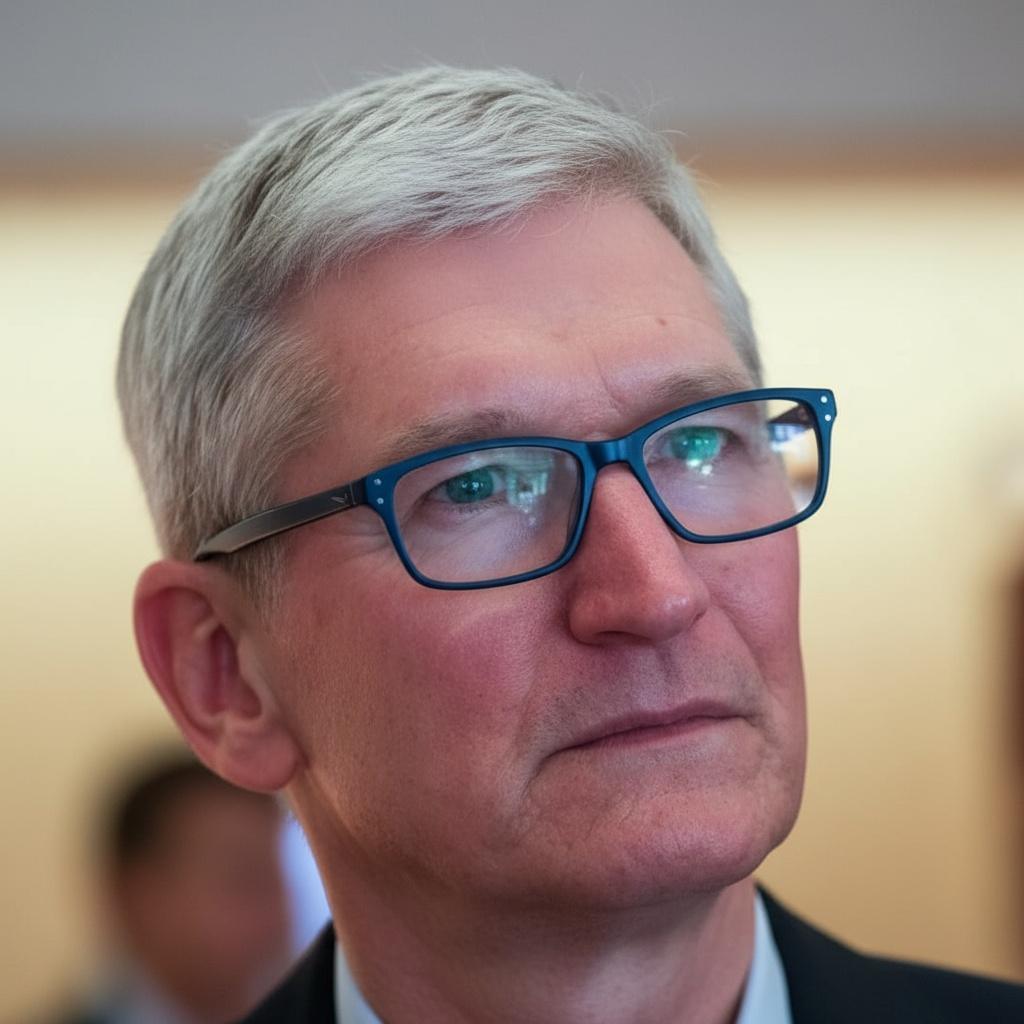Apple CEO Tim Cook confirmed that Apple Intelligence will be powered by servers built in the United States, as shipments from a new Houston facility begin ahead of schedule. The move is a high-profile milestone within Apple’s broader 600 billion USD commitment to expand domestic manufacturing, technology investment, and talent development over the coming years.
These American-made systems form the backbone of Apple’s Private Cloud Compute, the cloud side of Apple Intelligence that handles complex workloads when on-device processing isn’t sufficient. Apple has framed the architecture as privacy-first, designed to complete tasks with minimal data exposure while maintaining the seamless experience users expect across devices.
At the center of this effort is an advanced manufacturing site in Houston, from which Apple has started shipping servers to its data centers earlier than initially planned. The accelerated timeline underscores Apple’s intent to localize more of its high-value infrastructure, speeding deployment of the AI capabilities that underpin its next generation of products and services.
Beyond the factory floor, the 600 billion USD initiative spans silicon engineering, R&D, and workforce training, with Apple emphasizing partnerships that strengthen U.S.-based supply chains. The company has highlighted collaborations with local contractors and education programs to develop the skilled labor needed to build and maintain this infrastructure at scale.
The announcement arrives in a political and economic context that favors domestic production. It dovetails with a broader build-it-at-home push, championed by former President Donald Trump and supported by incentives aimed at bringing advanced manufacturing back to the U.S. Apple’s strategy appears pragmatic: capitalize on policy tailwinds while hardening its supply chain and reducing risk.
Security and privacy are central to Apple’s cloud AI pitch. The company says its servers run a clean-room operating environment designed to process requests ephemerally, with session data wiped after completion. Apple also touts external verification to validate how the system handles data, aiming to differentiate its approach from traditional cloud models.
Even as it scales U.S. production, Apple is not retreating from global manufacturing. Cook has reiterated that the company will continue to invest in key international markets, including China, while diversifying critical components and capacity. That dual-track approach reflects the realities of a global supply chain and the need to manage geopolitical and operational risk.
Investors and industry watchers are now focused on how quickly Apple can scale these U.S.-built servers and what that means for the pace and performance of Apple Intelligence features. Early deliveries are a strong signal that Apple intends to execute rapidly—both to meet demand and to solidify a longer-term shift toward domestic, privacy-centric AI infrastructure.






